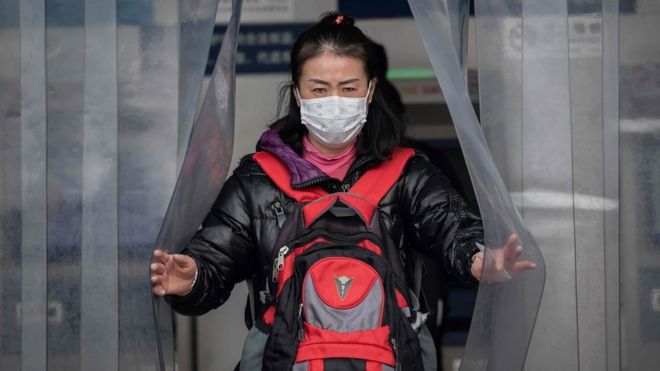 AFP
AFP
Hundreds of foreign nationals have been evacuated from the Chinese city of Wuhan, the centre of the coronavirus outbreak, as more deaths and cases were confirmed.
Australia plans to quarantine its 600 returning citizens for two weeks on Christmas Island - some 2,000km (1,200 miles) from the mainland.
Japan, the US and the EU are also repatriating their citizens.
President Xi Jinping called the virus a "devil" but said China would defeat it.
An expert from the Chinese National Health Commission (NHC) said it could take 10 more days for the outbreak to peak.
The number of deaths from the virus has risen to 132 in China, the NHC said on Wednesday.
Total number of coronavirus deaths in China
The virus is thought to have emerged from illegally traded wildlife at a seafood market in Wuhan, the capital of Hubei province.
It causes severe acute respiratory infection and there is no specific cure or vaccine.
Meanwhile, Starbucks has closed half of its Chinese outlets, as the economic impact continues to grow.
Who is being evacuated?
Australian evacuees will be held on Christmas Island for two weeks, Prime Minister Scott Morrison said.
The announcement sparked controversy as the island is best known as an immigration detention centre, which has been criticised for its conditions and alleged human rights violations.
Currently only housing one Sri Lankan family of four, the facility was built to accommodate more than 1,000 people.
New Zealand will cooperate with Canberra to bring its 53 citizens home alongside the Australian evacuees.
- Australia to revive island detention centre
- Wuhan people cry out 'stay strong' from windows
- Can wearing masks stop the spread of viruses?
Some 200 Japanese nationals have been flown from Wuhan and have landed at Tokyo's Haneda airport.
Around 650 others said they wanted to be repatriated, and the Japanese government said new flights were being planned.
According to Japanese media, several of the returnees were suffering from fever or coughs. All will be taken taken to hospital, regardless of whether they are showing symptoms.
They will then be tested in a quarantine ward before they can go home, and will be told not to leave their houses until the results are known.
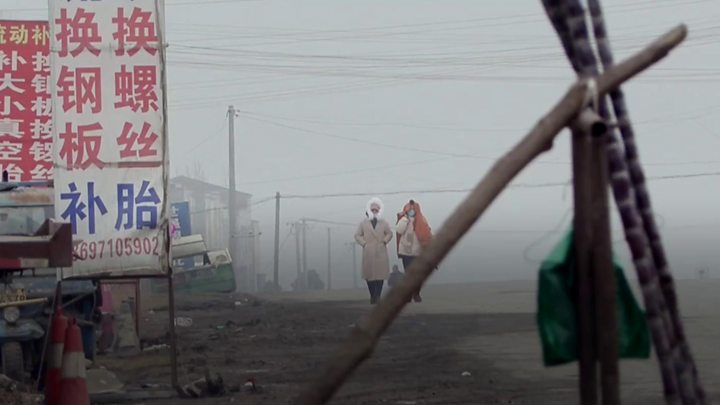
Also on Wednesday, around 200 Americans - workers from the local US consulate and some US citizens - left the city.
According to CNN, the evacuees might have to stay in isolation in an airport hangar for up to two weeks.
The UK Foreign Office is arranging to evacuate some 200 British people who wanted to leave the area. But some UK citizens have criticised the government, claiming lack of support in returning home.
Separately, two aircraft to fly EU citizens home were scheduled, with 250 French nationals leaving on the first flight.
South Korea said some 700 of its citizens would leave on four flights this week.
It's unclear whether they will be quarantined, but South Korean media are reporting the government will cover all costs of infected patients. So far, the country has four confirmed cases of the virus.
Meanwhile, Hong Kong announced plans to slash cross-border travel between the city and mainland China.
Wuhan - as well as the wider Hubei province - is already effectively in a lockdown with strict transport restrictions.
Total number of coronavirus cases in China
What's the latest on the virus itself?
Confirmations of person-to-person transmission in Germany, Vietnam, Taiwan and Japan - as opposed to travellers bringing the virus from China - have heightened concern about the spread of the virus.
Leading Chinese respiratory expert Zhong Nanshan, who heads a team set up for the control and prevention of the virus, told Xinhua news agency: "I think in one week or about 10 days, it will reach the climax and then there will be no large-scale increases."
China agreed for the World Health Organization (WHO) to send international experts to the country.
President Xi met WHO chief Tedros Adhanom Ghebreyesus in Beijing and said: "The virus is a devil and we cannot let the devil hide."
A Beijing hospital built in seven days in 2003 for patients with symptoms of the Sars virus is being refurbished for the coronavirus outbreak, the South China Morning Post reported.
A similar hospital is being rapidly built in Wuhan.
According to the WHO and national authorities, there have been more than 60 confirmed cases outside China. The largest number is in Thailand, where there are 14.
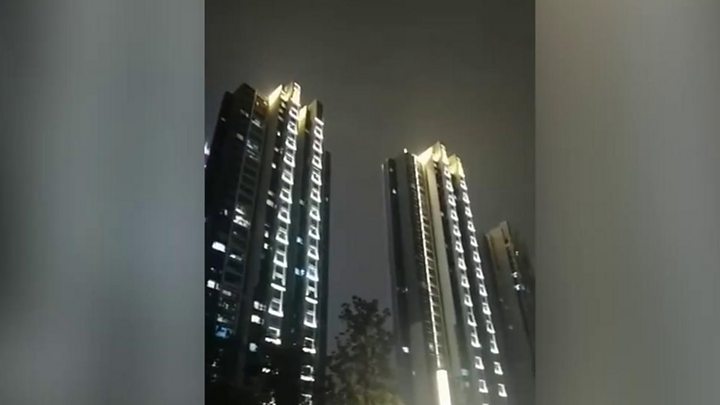

Fears grow over human-to-human transmission

The news of more human-to-human cases of the new coronavirus will add to fears about how far this outbreak might spread. The latest cases in Japan and Germany suggest that anyone coming into close contact with another infected person could catch it.
It is thought people with symptoms, such as a cough and fever, will be the most contagious.
But experts have not ruled out that people with no obvious signs of infection could also pose a risk. And it can take more than a week for a person to develop symptoms.
The advice is to avoid close contact with people who are infected - that means keeping enough distance to avoid breathing air or touching surfaces contaminated with respiratory droplets from others carrying and shedding the virus.

Learn more about the new virus
 GETTY
GETTY- Your questions: You asked, we answered
- The story explained: How worried should we be?
- Wuhan profiled: The city now in lockdown
- In detail: Follow all our coverage here
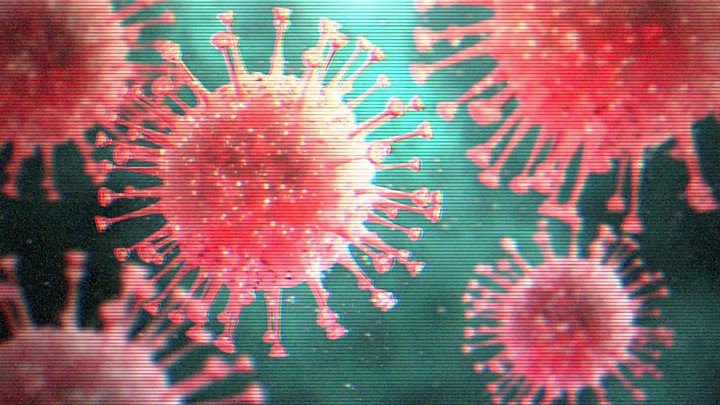
China
'Breakthrough' coronavirus copy grown in Australia
- 28 January 2020
- Australia
Starbucks closes 2,000 China outlets due to virus
- 29 January 2020
- Business
Hong Kong to slash border travel as virus spreads
- 28 January 2020
- China

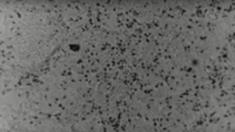

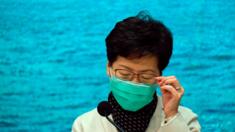

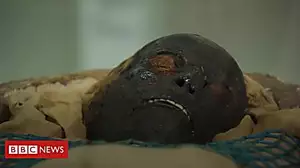



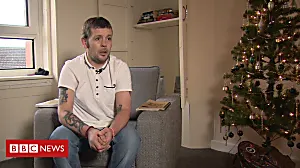


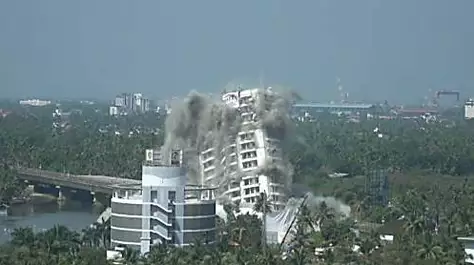
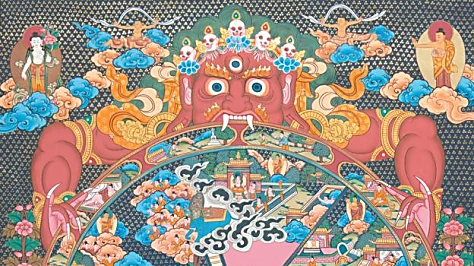





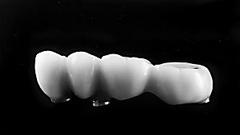

No comments:
Post a Comment